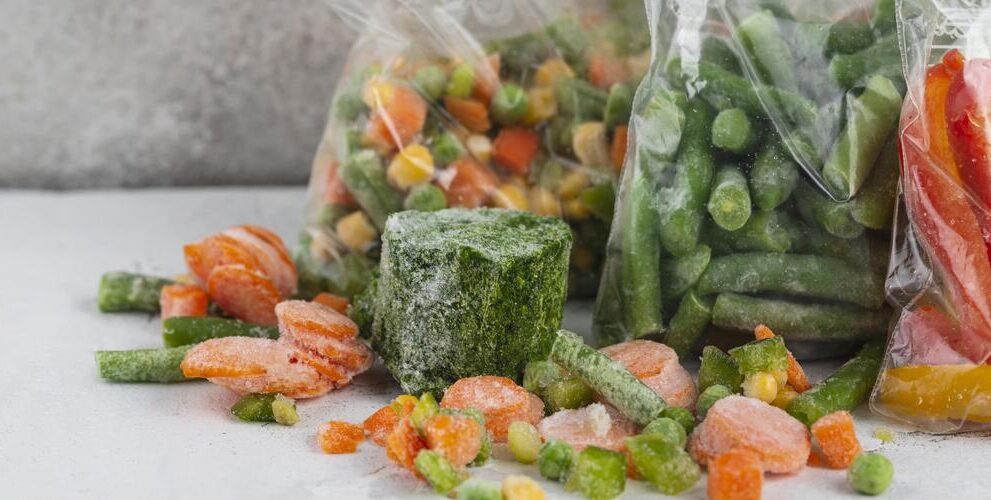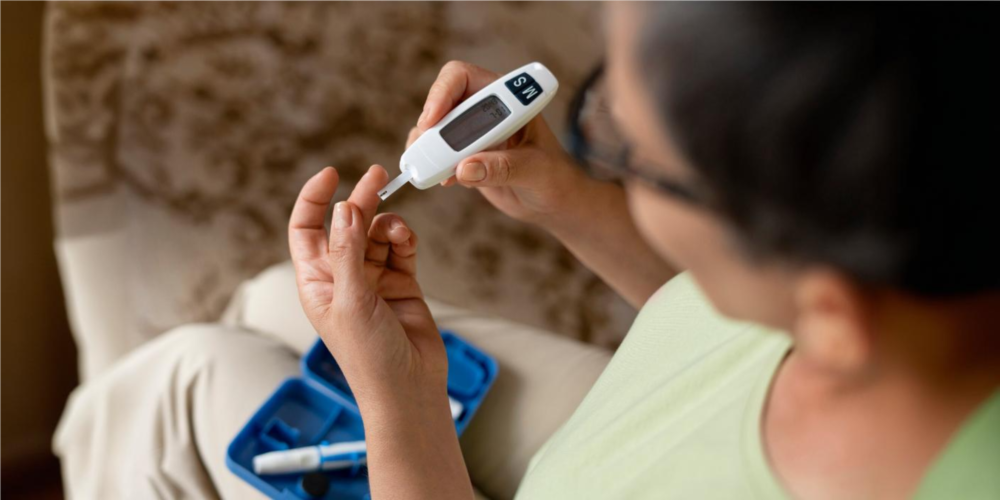Can you protect yourself from cancer-causing plastic chemicals?
A new report warns that chemicals in everyday plastics, like BPA and phthalates, may significantly raise cancer risks
Author
Author
- admin / 6 months

- 0
- 3 min read

Author
The pervasive presence of toxic chemicals in everyday plastics links them to serious health risks, including cancer, a new report from the Australia-based Minderoo Foundation has said.
Bisphenol A (BPA) and phthalates, commonly found in food packaging, medical devices, and household products, are under scrutiny for their potential to disrupt hormones and increase cancer risk. But can consumers shield themselves from these hidden dangers?
The report titled “Hidden Hazards: The Health Impacts of BPA and Phthalates,” highlights that BPA, used in hard plastics like water bottles and food containers, and phthalates, found in flexible plastics such as cling wrap and vinyl, are endocrine disruptors. These chemicals can mimic or block hormones, potentially leading to hormone-related cancers.
Studies show that even low-level exposure, especially during pregnancy or early childhood, can have long-term health impacts. With rising global production, exposure is nearly unavoidable. Bisphenol A (BPA) ranks among the most extensively manufactured synthetic chemicals globally, with annual production exceeding 10 million tons. Phthalates, with a yearly production of approximately 8 million metric tons, are commonly found in items like cosmetics, toys, food packaging, paints, and clothing.
What can you do to protect yourself?
The study suggests various steps to reduce exposure. First, opt for glass, stainless steel, or ceramic containers instead of plastic for food and drink storage. Avoid heating food in plastic containers, as heat can increase chemical leaching, and use microwave-safe glass instead.
One must also check product labels for “BPA-free” or “phthalate-free” certifications, though the report warns that some alternatives, like bisphenol S (BPS), may carry similar risks.
For parents, choosing wooden or cloth toys over plastic ones and avoiding plastic packaging for baby products can lower exposure for vulnerable children. The report also emphasizes systemic change. It calls for stricter regulations on BPA and phthalates, pointing out that while the EU has banned certain phthalates in toys, global standards remain inconsistent.
Consumers can advocate for clearer labeling and support brands that prioritize safer materials. The Centers for Disease Control and Prevention (CDC) reports that nearly 90% of Americans have measurable levels of phthalates in their blood. While completely eliminating exposure is challenging in a world reliant on plastics, informed choices can make a difference.
Also read: Fact-Check: Black plastics cause cancer and reduce lifespan
Do you have a health-related claim that you would like us to fact-check? Send it to us, and we will fact-check it for you! You can send it on WhatsApp at +91-9311223141, mail us at hello@firstcheck.in, or click here to submit it online.










